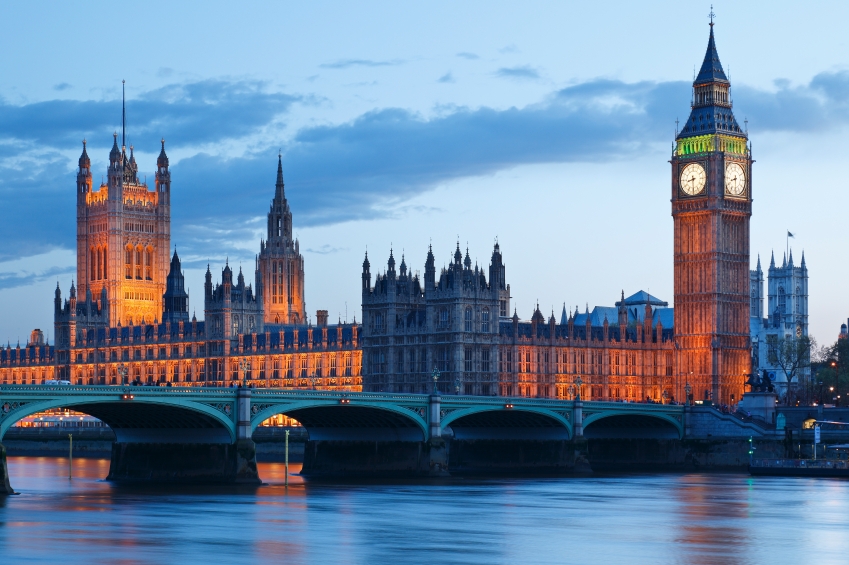1. Constitutional Monarchy:
- The UK is a constitutional monarchy, which means the monarch (currently Queen Elizabeth II) is the head of state, but her powers are largely ceremonial. The day-to-day affairs of the government are managed by elected officials.
2. Parliamentary Democracy:
- The UK operates as a parliamentary democracy. The government is elected by the people through a general election, and the Prime Minister is the head of government.
3. The Prime Minister:
- The Prime Minister is the leader of the political party that wins the most seats in the House of Commons during a general election. The Prime Minister is responsible for running the government, setting policies, and representing the UK both domestically and internationally.
4. The Cabinet:
- The Prime Minister's Cabinet is composed of senior government ministers who are responsible for various government departments. These ministers play a crucial role in policy formulation and implementation.
5. The Parliament:
- The UK Parliament is a bicameral legislature, consisting of two houses: the House of Commons and the House of Lords.
- The House of Commons is the lower house, where Members of Parliament (MPs) are elected by the public in general elections. The political party with the majority of seats forms the government.
- The House of Lords is the upper house, which includes appointed members, hereditary peers, and bishops. It reviews and revises legislation proposed by the House of Commons.
6. Political Parties:
- Major political parties in the UK include the Conservative Party, the Labour Party, the Liberal Democrats, and others. The party that secures the most seats in the House of Commons forms the government, and the leader becomes the Prime Minister.
7. Devolved Governments:
- The UK has devolved governments in Scotland, Wales, and Northern Ireland, each with varying degrees of legislative power. These governments are responsible for certain policy areas, such as health, education, and transportation.
8. Legal System:
- The UK has a common law legal system. The highest court is the Supreme Court, which has the authority to make decisions on important legal issues.
9. International Relations:
- The UK plays a significant role in international affairs and is a member of various international organizations, including the United Nations, NATO, the G7, and the Commonwealth of Nations.
10. Recent Political Developments: - The UK's exit from the European Union (Brexit) was a significant political development in recent years. In 2020, the UK formally left the EU and entered a transition period. - The response to the COVID-19 pandemic, including vaccination efforts and economic support, has been a focal point of government action.
Please note that political situations can change rapidly, so it's essential to consult up-to-date sources and news outlets for the latest developments in UK politics and government.




Comments (0)